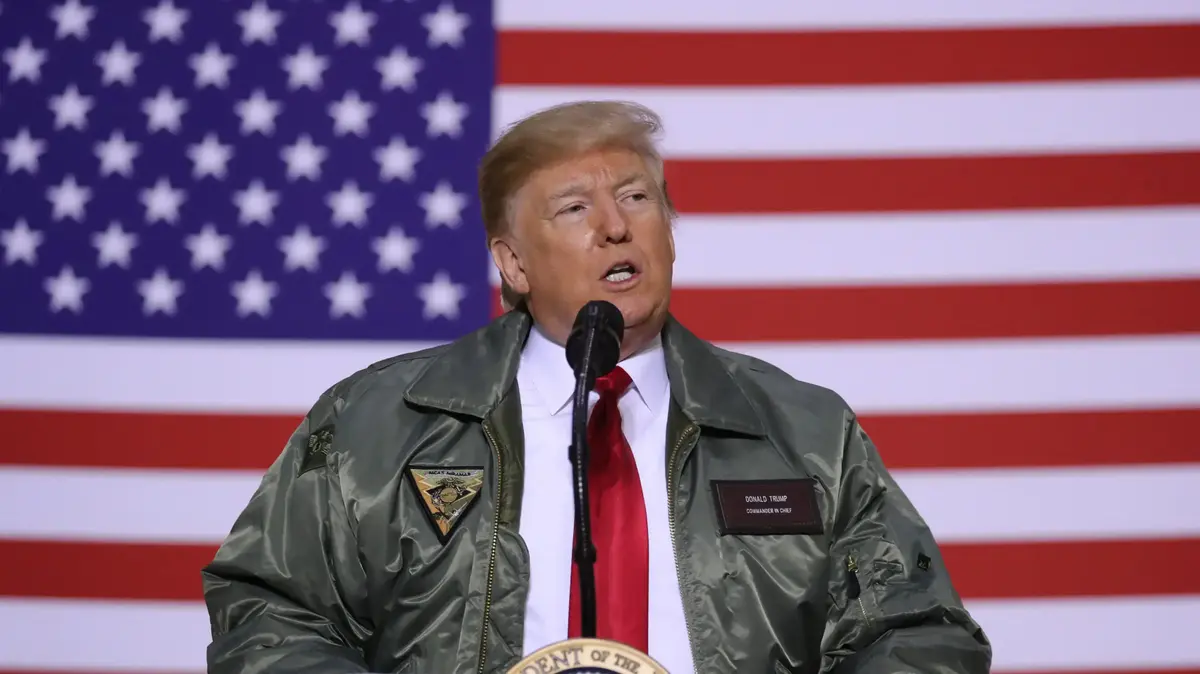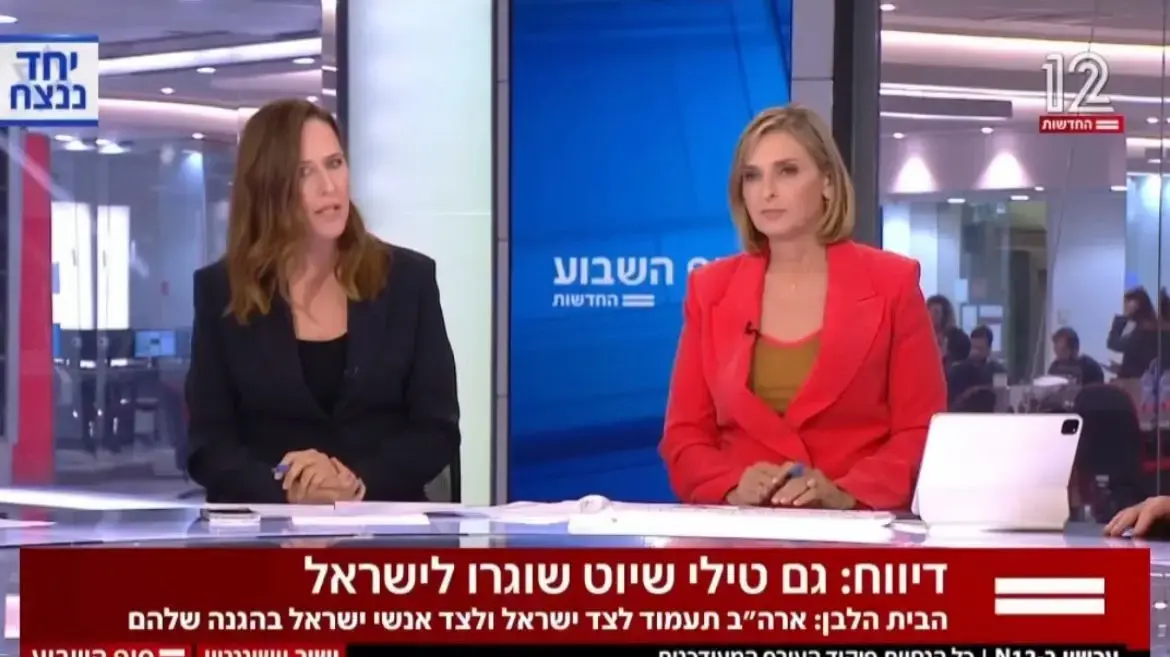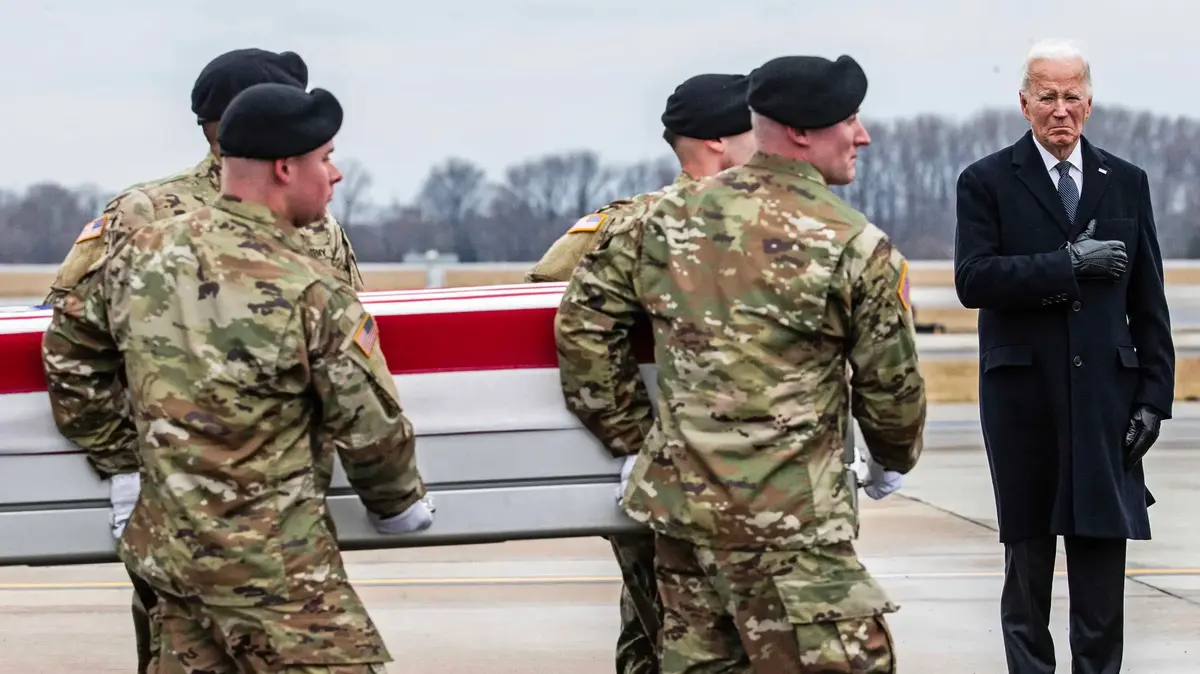Trump took the initiative, but may still be drawn into a confrontation with Iran
The assassination of Kassem Suleimani is the culmination of a chain of events in which each side seems to be dragged after another and does not stop the snowball even though he has no interest in a military confrontation. Tehran's "maximum pressure" plan has not so far returned it to negotiations, and it is now hard to see it settling for a modest indirect response
Trump took the initiative, but may still be drawn into a confrontation with Iran
Edit: Saul AdamFor anyone who declares that he does not want to go to war with Iran, or even to be the cop in the Middle East, Donald Trump's decision to eliminate Kassem Suleimani is just the way to go. Few in western Egypt are on the path of the man who has largely shaped Iran's foreign policy over the past 20 years. It has long been marked as a target for eradication, or targeted counterterrorism in the Israeli mantra, and according to various reports the United States, under the Obama administration, has prevented the institution from closing an account with it to eliminate Hezbollah chief Imad Morania in 2008.
The year before, under the Bush administration, the US Army spared the Suleimani convoy in Iraq. As stated last year by then-Commander Stanley of Crystal, the United States and its allies regretted it for many more years. His elimination in the last day is probably the most dramatic move by the United States in the Middle East since the 2003 invasion of Iraq.
Sulimani had a lot of blood on his hands. Of Americans, Iraqis, Syrians, Israelis, Lebanese and others. But his elimination is a deliberate rise in the United States, after months of bellowing on a series of Iranian attacks and taunts. Trump took the initiative by approving to assassinate him on arrival in Baghdad from Syria or Lebanon, but he did not stay away from a confrontation with Iran, but only came close.
Good to Know (Promoted Content) Good to Know (Promoted Content)Obesity is really not a matter of choice - and there is something to be done about it
Obesity Medical Center - Dr. Raz
To the full articleOn the way to becoming a policeman of the Middle East. Trump (Photo: Reuters)
US President Donald Trump December 24, 2019 (Photo: Reuters)
In a sequence of events reminiscent of the outbreak of World War I, each side seems to be dragged after its own and does not stop the snowball even though he has no interest in a military conflict. It has taken a whole year of Iranian threats, since the retirement of the nuclear agreement, to turn them into acts. Since May, oil tankers have been attacked and seized, US drones have been shot down, oil facilities have been attacked in Saudi Arabia and rockets have been launched at US bases in Iraq.
Trump was the one left with the threats, reasoning for his apparent lack of reaction (behind the scenes were US cyber actions) in that no one was killed so there was no point in a strong blow. The equation he put to the test a week ago, and as someone who advocates doing the opposite of his predecessor Obama in every possible area, Trump has had to stick to the red line he has set for himself.
It is doubtful whether we will ever know what the Hezbollah's militia's intent was when it launched dozens of rockets at a base in the Karkuk region. Until that massive assault last Friday, the rocket launches at U.S. targets ended with no casualties or damage. This changed a week ago when an American civilian working with the United States Army was killed. A few more Americans and Iraqis have been injured, and the Trump administration says it will demonstrate muscle to Iran and its allies.
No one will blink first
The widespread airstrike on Sunday against targets of Hezbollah regiments in Iraq and Syria ended with 25 dead and dozens wounded. Militia officials were killed, and the United States said its operational capabilities were significantly impaired.
This is where the danger lies. No one is going to be the first to blink, and immediately Iran's reaction, seemingly spontaneous, of Iraqi civilians has risen. In fact, these were militants and militants, who unexpectedly stormed the American embassy in Baghdad. In the sights that echoed the events of the takeover of the US embassy in Tehran after the 1979 revolution, as well as those of Benghazi in 2012, they burst into the compound, set fire to it and spray-painted graffiti. Security forces let them take off steam and the event ended without American casualties - the ambassador was not present for the Christmas holidays - but American dignity was compromised. Trump promised to charge a heavy price from Iran, and 750 Marines were sent to thicken the place.
No one probably expected the event to be the cause of Suleimani's assassination, including himself. Otherwise, he would not have arrived at Baghdad airport as he has done again in recent years uninterruptedly.
Khamenei on a consolation visit with Suleimani's widow, today
Iran's Supreme Leader Ali Khamenei is comforting the widow of former Quds Force commander Kassem Suleimani, who was eliminated by the United States in Iraq. January 03, 2020. (Photo: official website)
Now the pendulum is moving again in the direction of Iran. Stunned, humiliated, with a vengeance and still with a back to the wall for the reason that in the first place led her to take provocations - the sanctions - it is hard to see Tehran settling for a modest direct action through one of her proxies. On the other hand, the more vengeful the revenge is, the dead and the injured, the more the United States will have to raise its very high threshold, and so on.
A war in the style of invasion of Iraq or Afghanistan is extremely weak, both in light of Trump's reluctance to do anything after the overthrow of the regime and Iran's much more difficult target. The United States can strike Iranian territory even without sending troops, thus avoiding space and new investment in mud in an election year.
Protesters in Tehran carry the image of Suleimani and Khamenei, today (Photo: Reuters)
Protests in Tehran following the assassination of Qassem Suleimani - January 3, 2019 (Photo: Reuters)
However, even if the result is a limited confrontation, in the end this is not what the poet was aiming for. Trump believed that the maximum pressure policy he put on Iran after the nuclear agreement - good or bad, it fulfilled - would force it to sit down for new negotiations. That did not happen, and it is unlikely to happen, at least until the November elections after which Iran hopes for another president.
If the United States eventually leaves Iraq, the heart of Suleimani and regime officials, then the assassination may have paid off. It is usually easy to be wise in hindsight, but the consequences and feasibility of elimination only become apparent years later.
The cabinets of Suleimani and Al-Mohandas, today
The coffins of former Quds Force commander Qassem Suleimani and former Iraqi militia commander Abu Mahdi al-Mohands who were eliminated by the United States. January 03, 2020. (Photo: official website)






